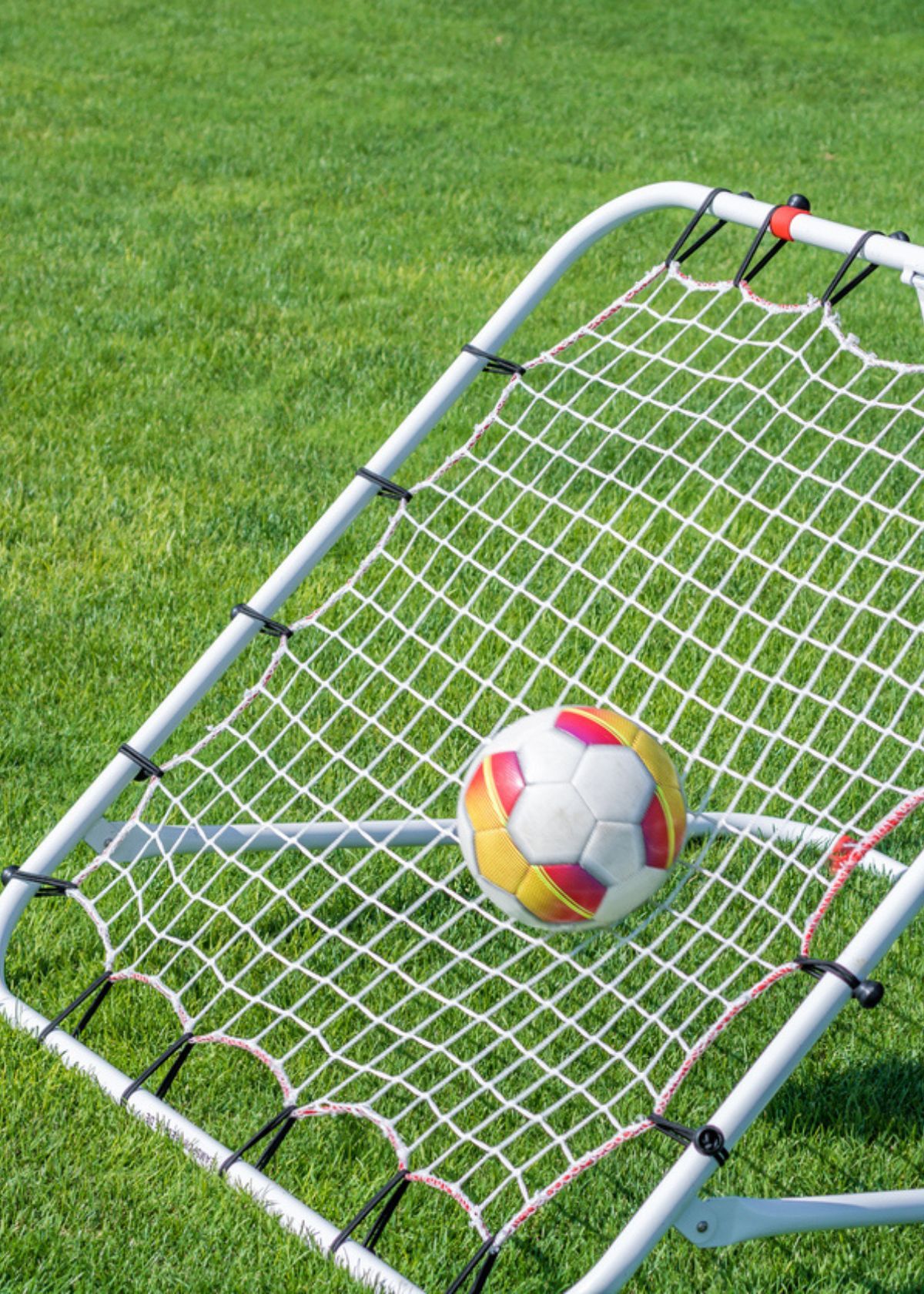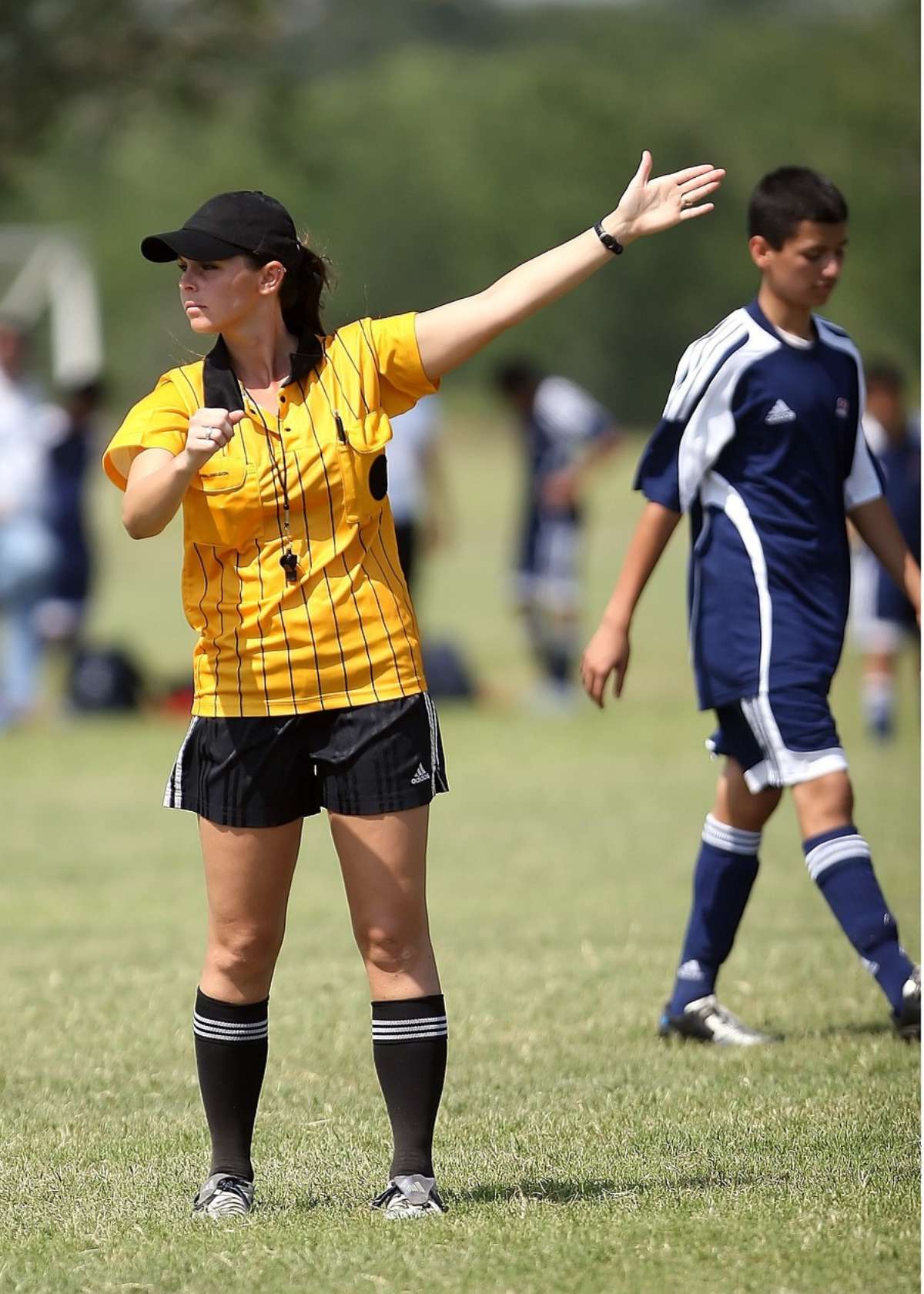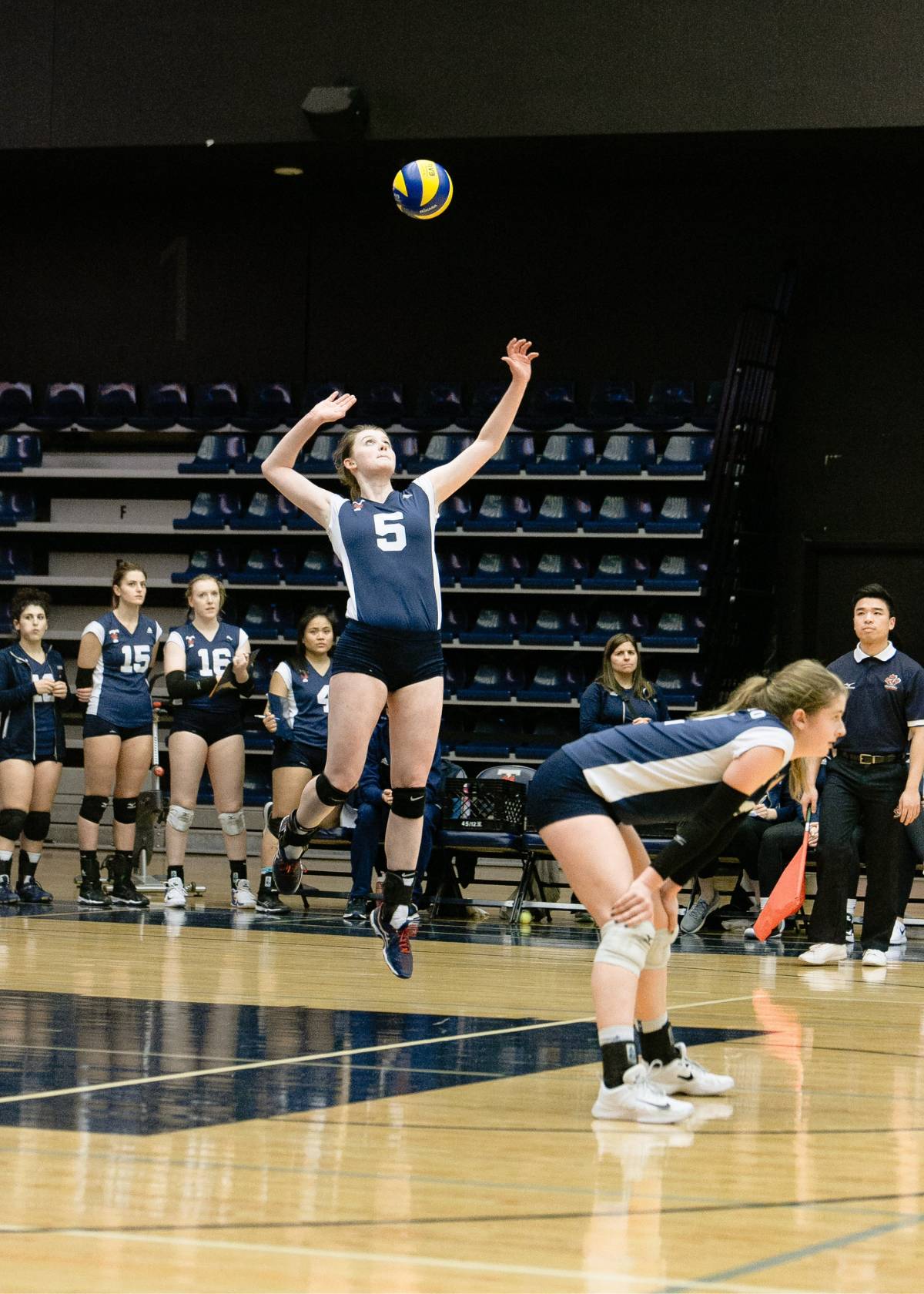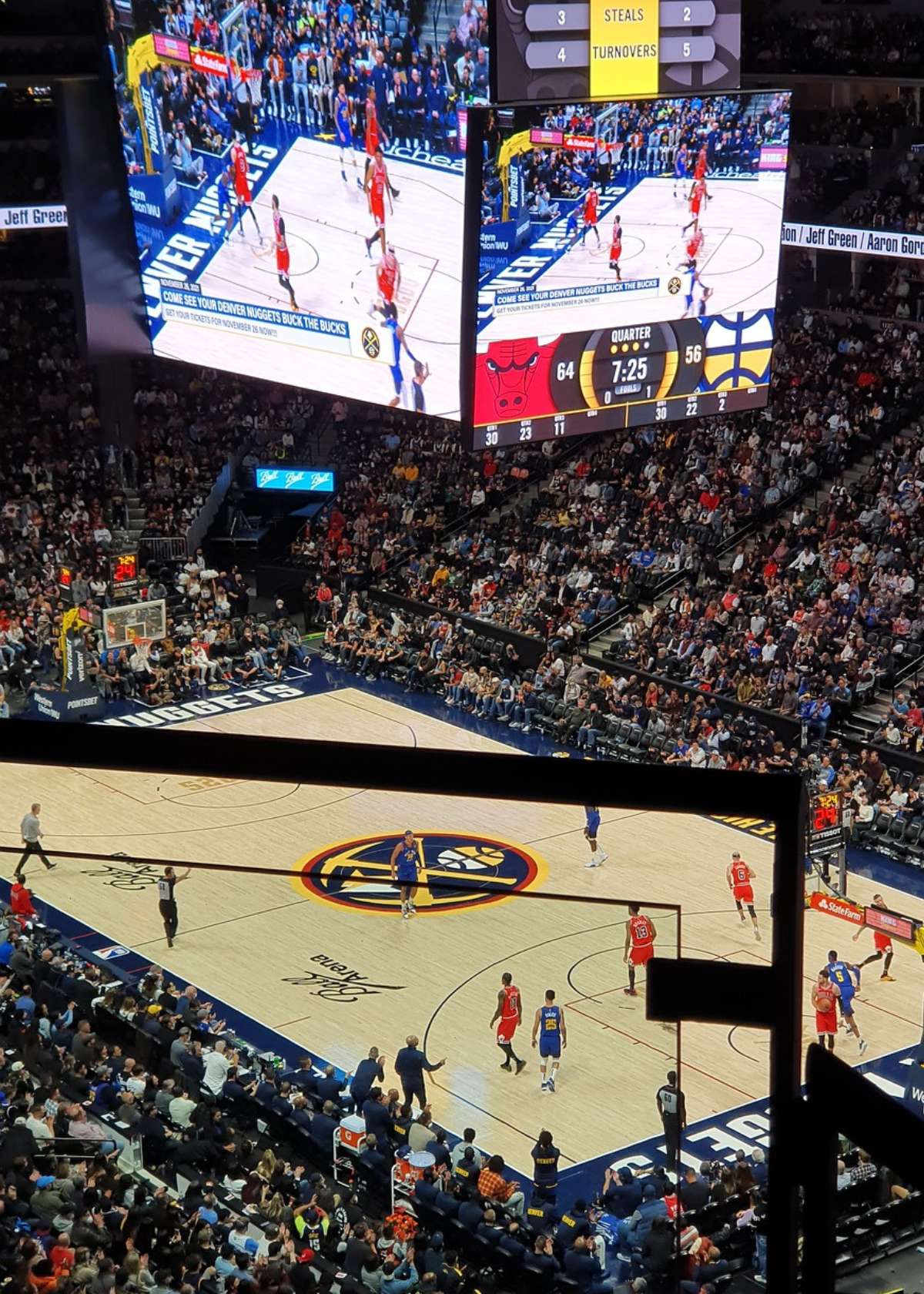Soccer is a game that is loved by many around the world. It is played in various formats, from youth to professional levels. However, many people may not know the exact amount of time that a soccer game takes.
In this blog post, we will shed light on the different lengths of soccer games, the factors influencing game length, and how game time impacts player performance. So, if you are a soccer beginner or just curious about game time, read on!
How long does it take to play a full soccer game?
In soccer, the clock is running all the time, despite the interruptions in play. A full soccer game typically lasts for 90 minutes, divided into two halves of 45 minutes each.
However, this is not always the case, as certain factors can influence the length of the game. Some games may take longer, while others may end early due to certain circumstances.
The time can vary depending on if there are any stoppages of play, such as injuries or substitutions, which will typically add extra minutes to the end of each half.
Can a soccer game go longer than 90 minutes?
Yes, soccer games can go longer than 90 minutes in certain situations. Soccer games in tournaments or knockouts may extend with extra time and penalty kicks to crown a winner.
This extra time is referred to as overtime and can last for an additional 30 minutes, consisting of two 15-minute halves. If there is still no winner after overtime, a penalty shootout may be used to determine the winner.
Understanding the Different Halves of a Soccer Game
A soccer game is divided into two halves, each lasting 45 minutes. After the first half, there is a short break known as halftime. During halftime, players can rest, rehydrate, and strategize for the remainder of the game. The exact length of halftime may vary depending on the level of play.
As mentioned earlier, a soccer game consists of two halves divided by a halftime break.
Each half lasts for 45 minutes, but the referee has the power to add extra time, usually called stoppage or injury time, at the end of each half to make up for any delays during play, such as injuries or substitutions. Extra time is usually displayed on the scoreboard and in television broadcasts.
How many minutes is halftime in soccer?
The length of halftime in soccer can vary depending on the level of play. In professional soccer, halftime is usually 15 minutes long. However, in youth and amateur games, halftime may only last for 5 to 10 minutes.
During halftime, players regroup with their coaches and discuss strategies for the second half of the game.
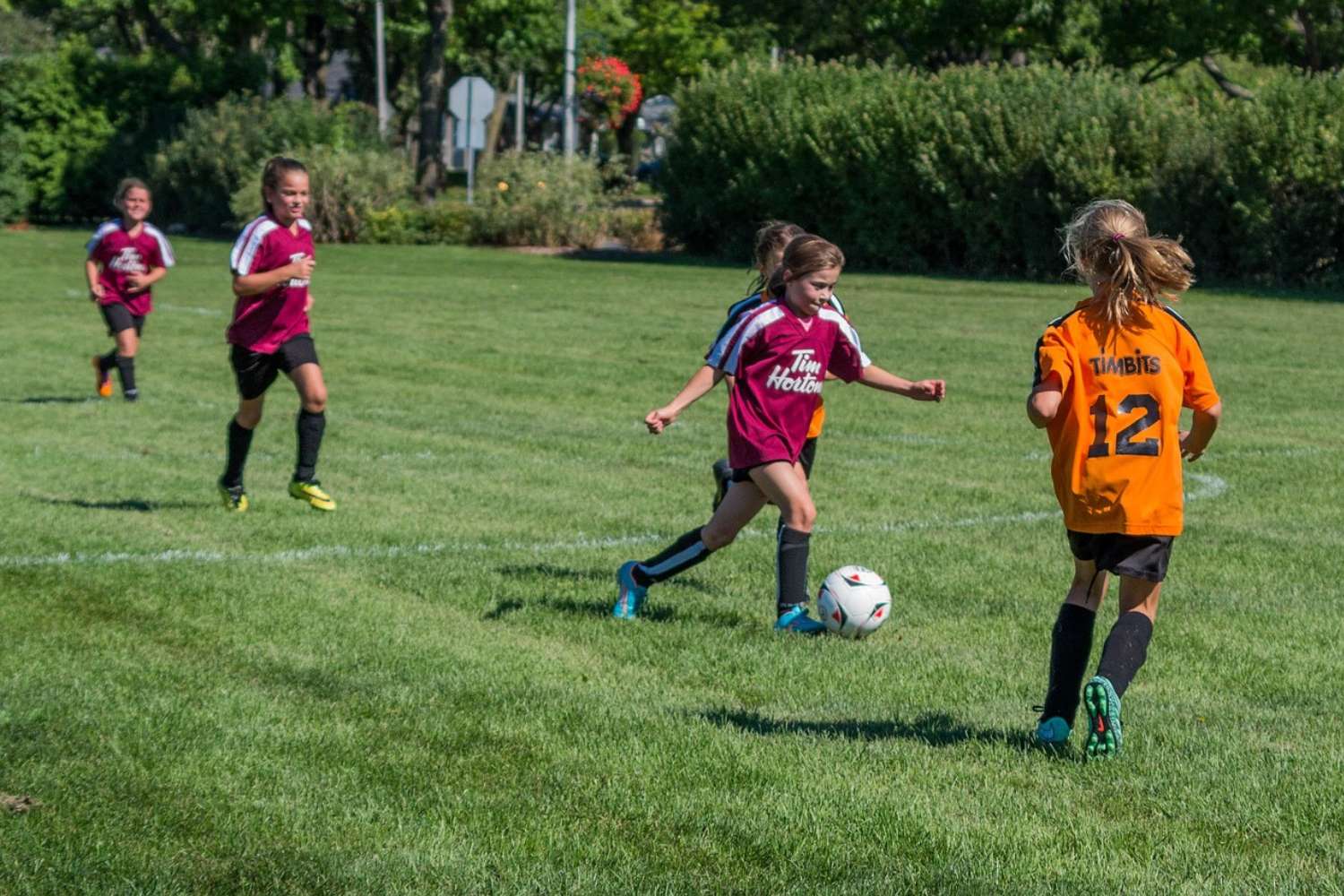
How long are soccer games for youth?
Youth soccer games typically last for shorter periods than professional or college-level games. For example, in the United States, the standard length for youth soccer games is approximately 60 minutes.
This duration may vary depending on the age group. Younger age groups may have shorter games, while older age groups may have longer games.
Full-length games for under-eight, under-ten, and under-twelve leagues usually last for 24-60 minutes. For older youth leagues, games usually last for 70-80 minutes.
In some cases, youth soccer games can be divided into four quarters instead of two halves. In these cases, each quarter is usually 6-15 minutes long and there is a halftime break in between each quarter. And a longer half-time break between the second and third quarters.
How long is a high school soccer game?
High school soccer games usually follow the standard format of 90 minutes, divided into two 45-minute halves, with an additional 10 to 15 minutes for halftime. However, the exact length may vary depending on the state or district rules.
In some cases, teams may be playing an overtime period of two 15-minute halves with a 5-minute halftime break before going into a shootout if the score is tied after the end of regulation and overtime play.
How long is a college soccer game?
College soccer games also follow the standard format of 90 minutes, divided into two halves of 45 minutes each, with a 10-15 minute additional break for halftime. Some college soccer games may have overtime periods to determine a winner if the game ends in a tie.
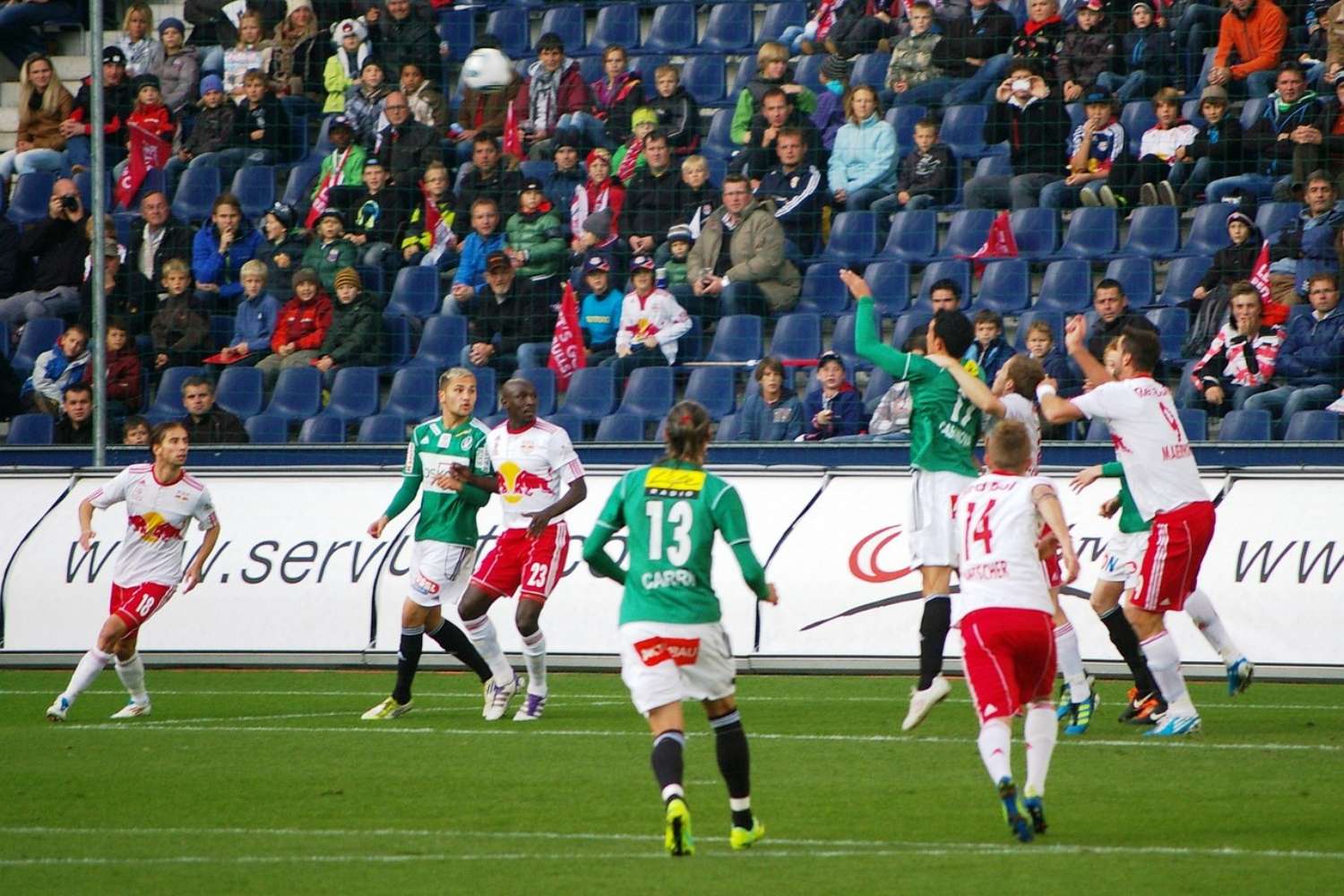
How long do major league soccer games last?
Major league soccer games in the United States follow the standard format of 90 minutes, divided into two 45-minute halves, with an additional time of 15 minutes for halftime.
Tie games in tournaments or knockouts result in a 30-minute overtime for determining the winner. If the game remains tied, penalty kicks will take place to determine a winner.
How long is a women’s soccer game?
Women’s soccer games typically follow the same rules as men’s soccer games in terms of game length. A standard women’s soccer game lasts for 90 minutes, divided into two 45-minute halves, with a halftime break of 15 minutes.
In general, women’s soccer games at all levels are played for the same number of minutes as their male counterparts.
Factors Influencing Game Length in Soccer
Several factors can influence the length of a soccer game. In professional soccer games, stoppage time is added to compensate for time lost due to injuries, substitutions, the number of goals scored, or time-wasting tactics by players.
The fourth official on the sideline keeps track of the time, and it's up to the referee's discretion to add any extra minutes at the end of each half. Stoppage time can range from a few seconds to several minutes, depending on the circumstances.
Overtime Rules for Soccer Games
If a soccer game ends in a tie, overtime may be used to determine a winner. Overtime lasts for an additional 30 minutes, divided into two 15-minute halves. If the game is still tied after overtime, a penalty shootout may be used to determine the winner.
During the penalty shootout, each team selects five players to take a shot from the penalty spot, with the team that scores the most goals winning the game.
How Game Length Impacts Player Performance
Game length can have a significant impact on player performance. Players who are not physically prepared for a longer game may experience fatigue and cramping, which can lower their overall performance.
On the other hand, players who are well-conditioned and prepared for a longer game may have the advantage of greater endurance and stamina.
Given the high intensity of soccer, players often get exhausted after the game and require adequate rest. A longer game can also increase the likelihood of injuries. To avoid this, players need to be adequately conditioned, including hydration and energy intake to sustain a long game.
Conclusion:
In conclusion, soccer games typically last for 90 minutes, divided into two 45-minute halves, with an additional break for halftime. However, soccer games can go longer than 90 minutes in certain situations, such as overtime periods or penalty shootouts.
The length of a game can also vary depending on the age group and the level of competition. Several factors can influence game length, including injuries, substitutions, and time-wasting by players.
Game length plays a critical role in player performance, with well-conditioned and prepared players having the advantage of greater endurance and stamina.
Whether you are playing or watching a soccer game, understanding game time is an essential aspect of the sport.
Find the best soccer gear with ease! Our top picks are handpicked and thoroughly researched just for you.
Explore our additional soccer and sports & fitness blogs!

